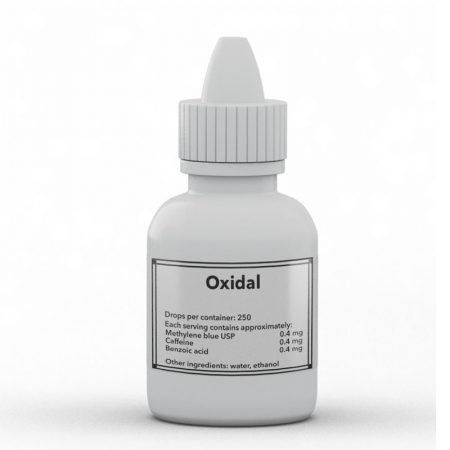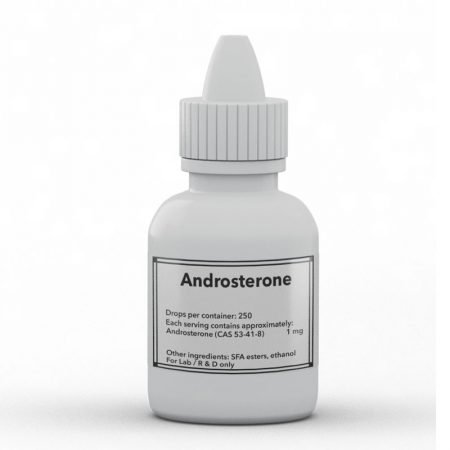Наистина страхотно проучване по редица причини. То не само показва, че често цитираните стереотипи за ефектите на Т върху човешкото поведение вероятно са погрешни, но и демонстрира силните ефекти, които процесът на “предварителна регистрация” оказва върху резултатите от изследването. Процесът на предварителна регистрация включва учените, които представят априори своя план и методи на изследването, необработени данни от тестовете, хипотезите, които ще бъдат проверени, и статистическите методи, които се планира да бъдат използвани за анализ. Тази регистрация прави много по-трудно за учените да участват в статистически манипулации, известни като “p-hacking”, и да загърбват неудобни резултати, които не подкрепят “популярната” теория/резултат.
Е, резултатите от изследването са налице и по думите на самите автори на изследването – спокойно можем да кажем, че всъщност не знаем много за ефектите на Т върху човешкото поведение. Това, което знаем, е, че стереотипите за това как би се отразил на поведението в смисъл, че ще направи хората нахални, неморални, утилитарни, склонни да поемат рискове и т.н., са погрешни. Ако не друго, прилагането на Т всъщност има обратен ефект – т.е. прави и мъжете, и жените по-чувствителни към моралните норми. Това е още един силен аспект на изследването – то е било експеримент за интервенция. А именно, то действително е прилагало Т и е наблюдавало промяна в поведението, вместо просто да извършва епидемиологичен анализ, каквито са били огромното мнозинство от изследванията на Т в миналото. Като такова, проучването по-долу НЕ МОЖЕ да прави твърдения за причинно-следствена връзка и резултатите от него НЕ оправдават (някои) стереотипи, които обществото има за това как Т влияе на поведението.
Мисля, че повечето от стереотипите за Т в нашето общество всъщност са политически мотивирани и умишлено насърчавани. Образът на “идеалния мъж” е със силно милитаристична нагласа, агресивен, безмилостен, опортюнистичен и силно подкрепящ “дадената от Бога” социална йерархия. Точно този тип мъже служат добре на едно силно поляризирано общество, своеобразна империя. Мъж, който ще изпълнява заповеди без съмнение и ще атакува агресивно всичко и всеки, който застрашава “дадения от Бога” ред, на който служи. Съществуват обаче много доказателства, че макар този стереотип да съществува, той се определя предимно от кортизола и естрогена, а не от Т. Всъщност мъжете с високо съдържание на андроген обикновено са спокойни, сдържани и обикновено се отвращават от насилието поради присъщия му антагонизъм към истинското решаване на проблеми. Истинските мъже решават проблеми, те не прибягват до насилие, освен при самозащита. Не е случайно, че милитаристичният мъжки стереотип не може да се развие в детството, а започва и се затвърждава по време на пубертета – последният се инициира и задвижва от скока на естрогена и при двата пола.
https://www.nature.com/articles/s41562-019-0641-3
“…Some of us would like to think that we’d be able to step back and evaluate the situation dispassionately, but the reality is that our emotions often drive important decisions (and besides, as the clip from The Good Place linked above shows, there isn’t always time for careful evaluation). Since testosterone influences both emotions and decision-making, many people had ideas about how it might alter the decisions made by people weighing these moral issues. But when a team of researchers from the University of Texas, Austin, decided to test those ideas, it turned out none of them was right. That doesn’t mean testosterone does nothing, but it certainly indicates we don’t understand what it might do.
“…There has been a lot of discussion about the issues of reproducible research, p-hacking for any publishable results in data, and an inability to publish negative results. So it’s a pleasure to report on a paper that actually does something about it. The authors—Skylar Brannon, Sarah Carr, Ellie Shuo Jin, Robert Josephs, and Bertram Gawronski—actually pre-registered their research plan, including the hypotheses they were going to be testing and the experiment that would test them. The hypotheses were based on previous suggestions that testosterone would make people less empathetic and therefore more likely to choose a purely utilitarian solution, minimizing the total number of deaths. They also hypothesized that people given testosterone would prefer taking action, which would bias them toward changing the status quo. To test these hypotheses, they got 200 volunteers and randomly assigned some to receive a boost of testosterone, while the rest got a placebo. The participants were then asked to consider a moral dilemma and come to some decision on what they felt the right course of action was.”
“…Rather than simply looking at what the subjects chose, the researchers recognized that there were several potential tiers of decision-making at play. These included a general preference for action vs. inaction and possible preferences for moral prohibitions or utilitarian views. The participants’ responses were plugged in to a model that determined where they fell on these various values. The outcome of that analysis was used to test the various hypotheses.”The results of the current study yielded no evidence in support of any of the four preregistered hypotheses,” write the authors. Those given testosterone were no more likely to prefer taking action than those given the placebo. It was predicted that they’d also be more prone to make utilitarian judgements that minimize total casualties; this wasn’t true, either. Another hypothesis suggested that those given testosterone would be less sensitive to moral prohibitions, such as not choosing to kill someone. In fact, the results suggest the exact opposite is true.“
“…Given this apparently contradictory result and the complete absence of other significant changes, it’s fair to say that we don’t know if testosterone is involved in this sort of decision-making, much less what its impact is if it is. It’s not even entirely clear that more work is warranted, given that there are more compelling indications of effects that might be better to follow up on. On the plus side, however, the paper does show the advantage of pre-registering experimental designs. The fact that the hypotheses were out there compelled the authors to be up front about them not being supported and undoubtedly contributed to their ability to get these negative results published in a high-profile journal. The only downside is that rather than focusing on the negative results, the authors’ title happily describes the one significant result they got from the main experiments, even though it falsified their ideas.”
Източник:










